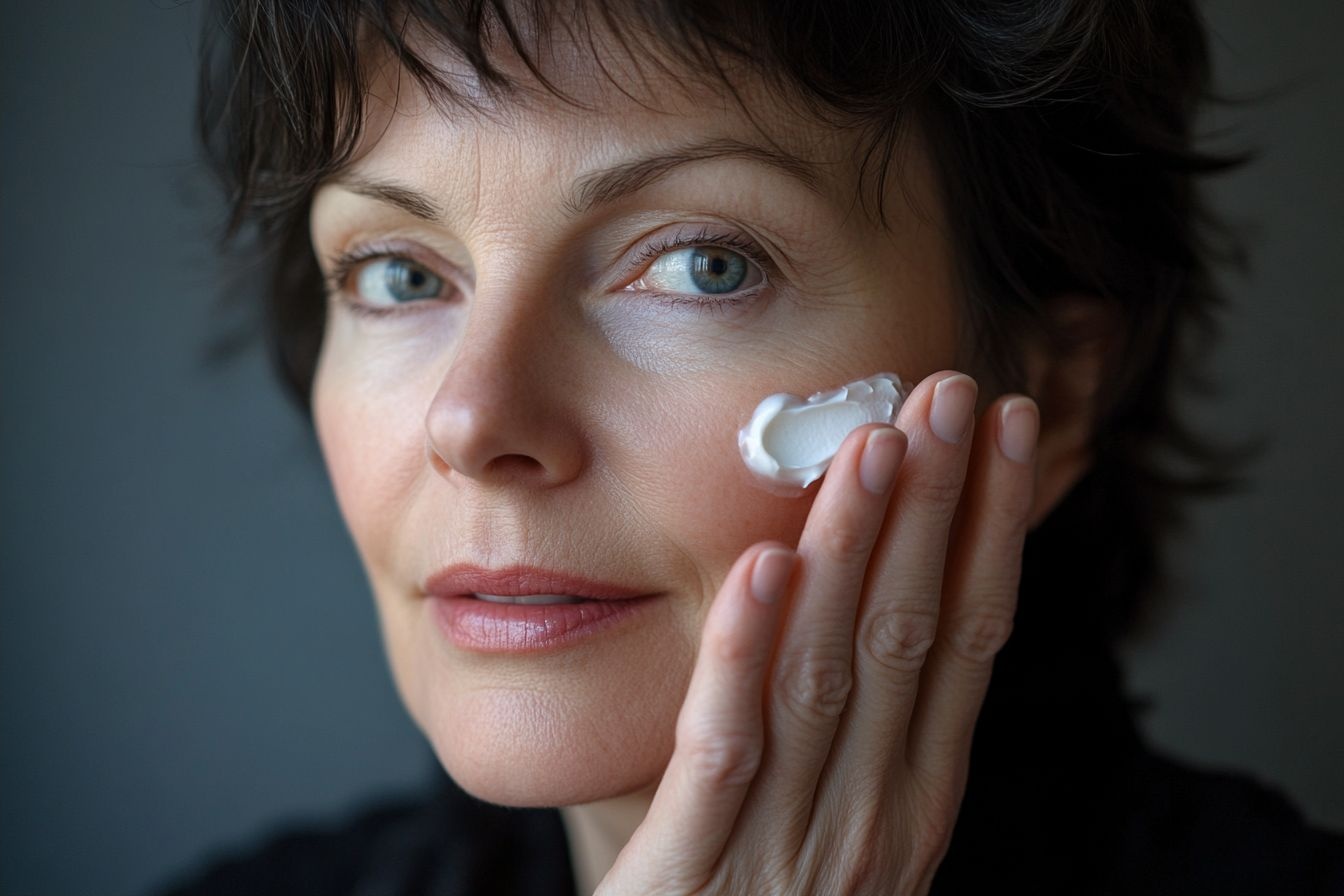Erectile Dysfunction Guide: Treatment and Prevention
Erectile dysfunction, also known as impotence, is difficulty getting and maintaining an erection. Talking about erectile dysfunction can be embarrassing. Reports indicate that more than half of men aged 40 to 70 experience some form of erectile dysfunction. So, rest assured, you are not alone. The following article will address questions related to erectile dysfunction and help answer your questions.

Erectile dysfunction represents one of the most common sexual health concerns affecting men globally. While often considered a condition primarily impacting older adults, research shows that younger men increasingly experience these challenges. Modern medicine offers numerous effective treatment approaches, ranging from lifestyle modifications to advanced medical interventions.
What Is Erectile Dysfunction and How Common Is It
Erectile dysfunction definition encompasses the persistent inability to achieve or maintain an erection sufficient for satisfactory sexual performance. Medical professionals typically diagnose this condition when symptoms persist for at least three months. The prevalence increases with age, affecting approximately 40% of men at age 40 and nearly 70% of men by age 70. However, the condition can occur at any age due to various physical and psychological factors.
Understanding the Root Causes Behind Erectile Dysfunction
Erectile dysfunction causes span multiple categories, including vascular, neurological, hormonal, and psychological factors. Cardiovascular disease represents the most common physical cause, as healthy blood flow is essential for proper erectile function. Diabetes, high blood pressure, and obesity significantly increase risk factors. Neurological conditions such as multiple sclerosis or spinal cord injuries can disrupt nerve signals necessary for erections. Hormonal imbalances, particularly low testosterone levels, also contribute to erectile difficulties. Psychological factors including stress, anxiety, depression, and relationship issues can either cause or worsen the condition.
Effective Treatment Options for Managing Erectile Dysfunction
Erectile dysfunction treatment approaches vary based on underlying causes and individual patient needs. Oral medications like phosphodiesterase type 5 inhibitors remain the first-line treatment for many men. These medications enhance blood flow to the penis during sexual stimulation. Injectable medications offer alternatives for men who cannot use oral treatments. Vacuum erection devices provide non-medication options that mechanically create erections. For severe cases, surgical interventions including penile implants may be recommended. Hormone replacement therapy helps men with documented testosterone deficiency.
Practical Steps for What to Do Against Erectile Dysfunction
What to do against erectile dysfunction begins with lifestyle modifications that address underlying health conditions. Regular cardiovascular exercise improves blood circulation and overall health. Maintaining a healthy weight reduces diabetes and cardiovascular disease risks. Limiting alcohol consumption and quitting smoking significantly improve erectile function. Managing stress through relaxation techniques, counseling, or meditation addresses psychological contributors. Open communication with healthcare providers ensures appropriate medical evaluation and treatment planning. Regular health screenings help identify and manage conditions like diabetes and hypertension before they impact sexual function.
Addressing Erectile Dysfunction in Young Men
Erectile dysfunction in young men often stems from different causes than in older populations. Psychological factors including performance anxiety, stress, and depression play larger roles in younger demographics. Lifestyle factors such as excessive alcohol use, recreational drug use, and poor physical fitness contribute significantly. Relationship issues and lack of sexual experience can create anxiety cycles that worsen symptoms. However, young men typically respond well to treatment, with lifestyle changes often providing substantial improvements. Early intervention prevents the development of chronic psychological patterns that can complicate treatment.
| Treatment Type | Provider/Method | Effectiveness Rate | Estimated Cost Range |
|---|---|---|---|
| Oral Medications | Primary Care/Urologist | 60-70% | $15-50 per dose |
| Injectable Therapy | Urologist/Specialist | 80-90% | $20-40 per injection |
| Vacuum Devices | Medical Supply Companies | 60-80% | $150-500 one-time |
| Penile Implants | Urological Surgeon | 90-95% | $15,000-25,000 |
| Counseling/Therapy | Mental Health Professional | 50-70% | $100-200 per session |
Prices, rates, or cost estimates mentioned in this article are based on the latest available information but may change over time. Independent research is advised before making financial decisions.
Prevention Strategies and Long-term Management
Preventing erectile dysfunction involves maintaining overall cardiovascular health through regular exercise, balanced nutrition, and weight management. Avoiding tobacco and limiting alcohol consumption protect vascular health essential for erectile function. Managing chronic conditions like diabetes and hypertension through medication compliance and lifestyle modifications prevents complications. Regular medical checkups allow early detection and treatment of risk factors. Maintaining mental health through stress management and addressing relationship issues supports overall sexual wellness. Open communication with healthcare providers ensures appropriate screening and preventive care.
Erectile dysfunction represents a treatable medical condition with numerous effective interventions available. Understanding the various causes and treatment options empowers men to seek appropriate care and regain sexual confidence. Early intervention, whether through lifestyle modifications or medical treatments, typically yields the best outcomes across all age groups.
This article is for informational purposes only and should not be considered medical advice. Please consult a qualified healthcare professional for personalized guidance and treatment.




